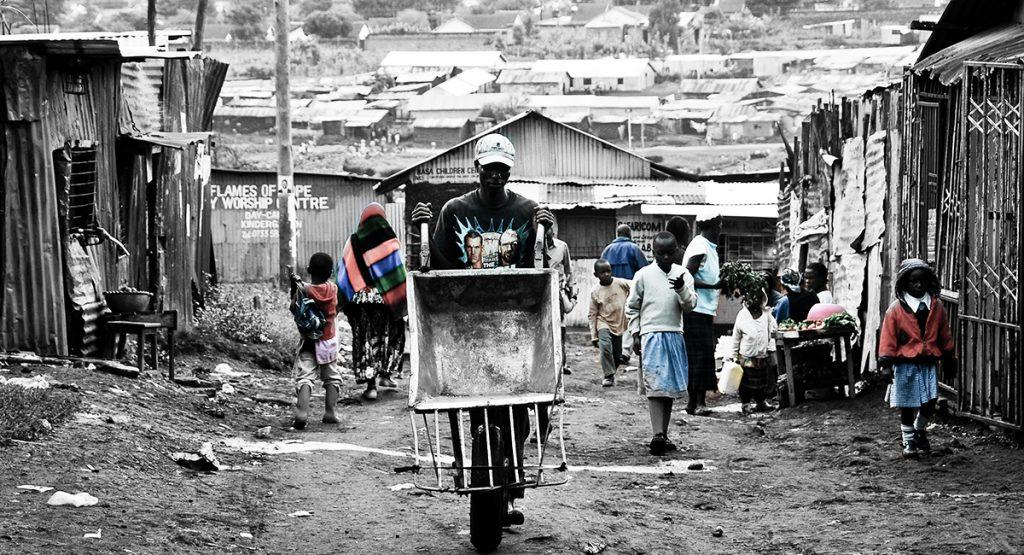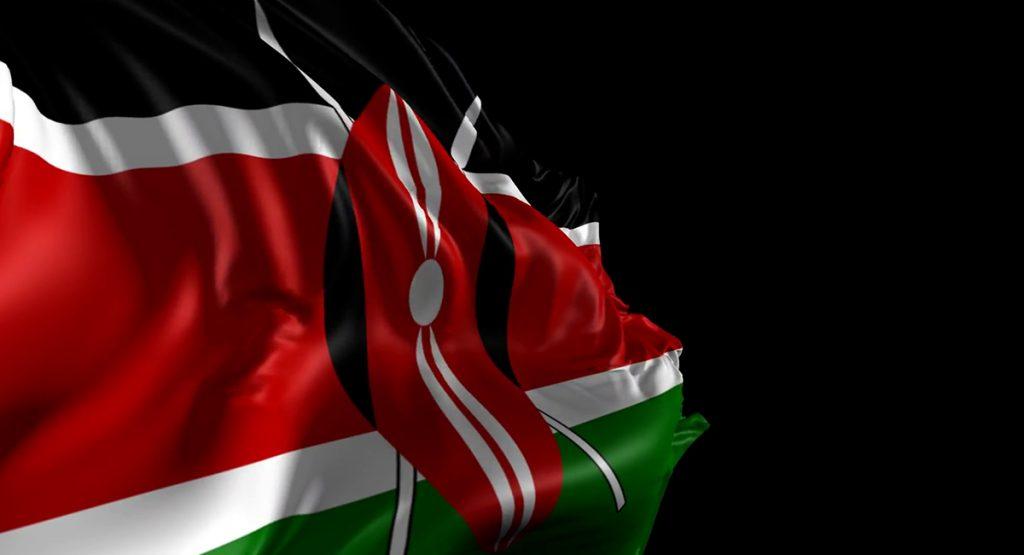In Africa the gap between the poor and the rich is inevitable throughout the various different countries in the continent. According to the Oxfam international research 10% of rich individuals earn 23 times more than the poorest 10% of individuals in Kenya.
Social inequality refers to the degree of unequal distribution of resources like wealth and opportunities like health, education and employment opportunities. Social Inequality entails various differences between persons and groups of people which depend on availability of expenditure, income information and other dimensions in their various lives.
In Kenya, social inequality continues to thrive majorly due to corruption which creates an unequal gap involving distribution of resources. Research from Oxfam shows that in Kenya poverty levels can be improved by simply reducing income inequality among individuals. “The solution is easier said than done” as there is a strong link between economic inequality and gender inequality.
Gender inequality involves unequal opportunities offered based on gender rather than one’s skills and experience. Men hold major positions of power in various job categories compared to women as they are deemed responsible and providers in the society, while women were deemed responsible for the family and house chores. Fewer women are in positions of legislature as an average of 40% of women in Sub Sahara Africa are not able to complete their higher education due to various factors like early marriages and cultural discrimination.
It is estimated that over the next decade millionaires will keep rising as other millions of citizens will still live in extreme poverty languishing in slums. In order to reduce social inequality in our country we as patriotic citizens can work together with the government to adopt policies that will reduce social inequality. Some of the changes that can be implemented include :
- Investing in healthcare services equally
- Equalizing wages and salaries
- Progress on racial and gender equality policies.
- Increased taxation on wealthy rather than the poor.
- Political leaders should listen to the needs of the ordinary majority rather than the privileged few.
In conclusion leaders need to take accountability of equitable distribution of any resources to the public and implement recommended policies since it will help reduce the major social inequalities in the country.
References
Ivy Achieng Omondi is a go-getter, team player and an enthusiastic youth on matters involving women empowerment, youth empowerment and political matters in the country.
Social media handles – @ trehvivyivy (Facebook, Twitter, Instagram)



